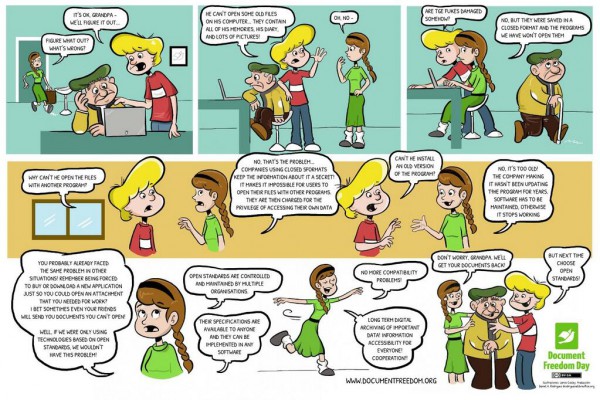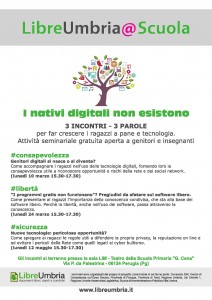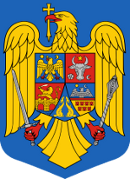Call for proposals to improve major LibreOffice/OpenOffice features
The Office Interoperability Working Group of the Open Source Business Alliance has called for proposals to improve major features in LibreOffice and OpenOffice suites.
 As announced in September 2013, the OSB Alliance’s Office Interoperability Working Group has held a requirements engineering workshop in Stuttgart. OSB Alliance members Munich city council, Leipzig city council, Jena city council, the Swiss Federal Court, and the Swiss Federal IT Steering Unit FITSU defined commonly required improvements for the open source LibreOffice and OpenOffice suites. Other public authorities will providing supporting funding.
As announced in September 2013, the OSB Alliance’s Office Interoperability Working Group has held a requirements engineering workshop in Stuttgart. OSB Alliance members Munich city council, Leipzig city council, Jena city council, the Swiss Federal Court, and the Swiss Federal IT Steering Unit FITSU defined commonly required improvements for the open source LibreOffice and OpenOffice suites. Other public authorities will providing supporting funding.
A new specification entitled “Major Feature Improvements for LibreOffice/Apache OpenOffice” (PDF) has been developed recently on the basis of the Stuttgart workshop. It proposes six major improvements, as follows:
- Improve mail merge in Writer;
- Improve paragraph handling in Writer;
- Implement styles in all content elements of Writer;
- Add chart styles in Calc;
- Make more functions available in shared spreadsheets in Calc;
- Develop a change tracking specification for the ODF standard.
![]() One important feature of today’s office suites is change tracking within documents: both LibreOffice and OpenOffice offer change tracking in ODF files. However, Microsoft Office has not implemented change tracking for ODF, stating that the current change tracking specification within the ODF standard is insufficiently defined. The last of the above requirements therefore covers the exact specification of change tracking within the ODF standard to enable Microsoft to implement it in future versions of Microsoft Office.
One important feature of today’s office suites is change tracking within documents: both LibreOffice and OpenOffice offer change tracking in ODF files. However, Microsoft Office has not implemented change tracking for ODF, stating that the current change tracking specification within the ODF standard is insufficiently defined. The last of the above requirements therefore covers the exact specification of change tracking within the ODF standard to enable Microsoft to implement it in future versions of Microsoft Office.
Open source providers are now invited to submit offers to cover one or more of these requirements. The detailed requirements, general conditions and tendering procedure are described in the specification document. All proposals need to be submitted until 30 April 2014 to the working group’s spokesman, Dr. Matthias Stürmer (email: stuermer (at) osb-alliance.com).
 Today is
Today is 

 The government of Italy’s Autonomous Province of South Tyrol wants to save &euro 1 mn. per year by using free software, according to a
The government of Italy’s Autonomous Province of South Tyrol wants to save &euro 1 mn. per year by using free software, according to a  The first of three free seminars organised by LibreUmbria – the organisation promoting free and open source software in Italy’s
The first of three free seminars organised by LibreUmbria – the organisation promoting free and open source software in Italy’s  Just a few days after it was reported that scores of donated Linux laptops were languishing unused in Romania’s schools (
Just a few days after it was reported that scores of donated Linux laptops were languishing unused in Romania’s schools (